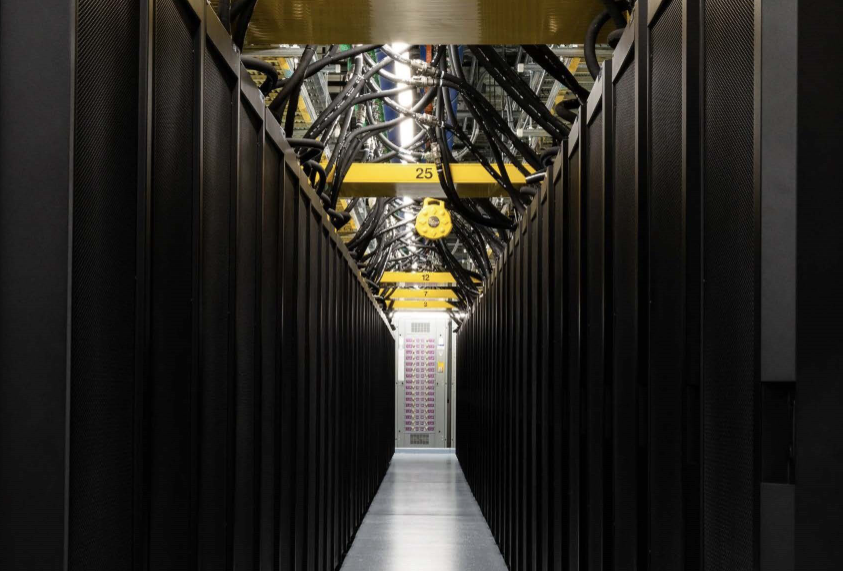Facing a growing water scarcity crisis, the potential of supercomputers is being tapped more than ever. Their unparalleled computational power is crucial for advancing desalination and water purification technologies.
Currently, over 96% of Earth’s water is undrinkable due to salinity. The challenge is monumental, yet supercomputers offer a glimmer of hope. Researchers are turning to supercomputers for molecular simulations, pinpointing the most efficient materials for water desalination. Their work on ultrathin-film membrane candidates demonstrates how supercomputing power is being leveraged to identify solutions that maximize water flux while blocking salts. For instance, IBM’s virtual supercomputing efforts have led to significant advancements in water filtration technologies, including a discovery that enables water to move through carbon nanotubes three times faster, reducing the need for additional energy.
This breakthrough could revolutionize seawater desalination and filtration, making clean water more accessible and affordable. This dual approach of enhancing efficiency and reducing costs is critical as the demand for clean water continues to escalate globally. As supercomputers grow faster and more powerful, their role in addressing water scarcity becomes increasingly vital, showcasing a promising fusion of technology and environmental stewardship.

By Anas Saoudi

Leave a Reply